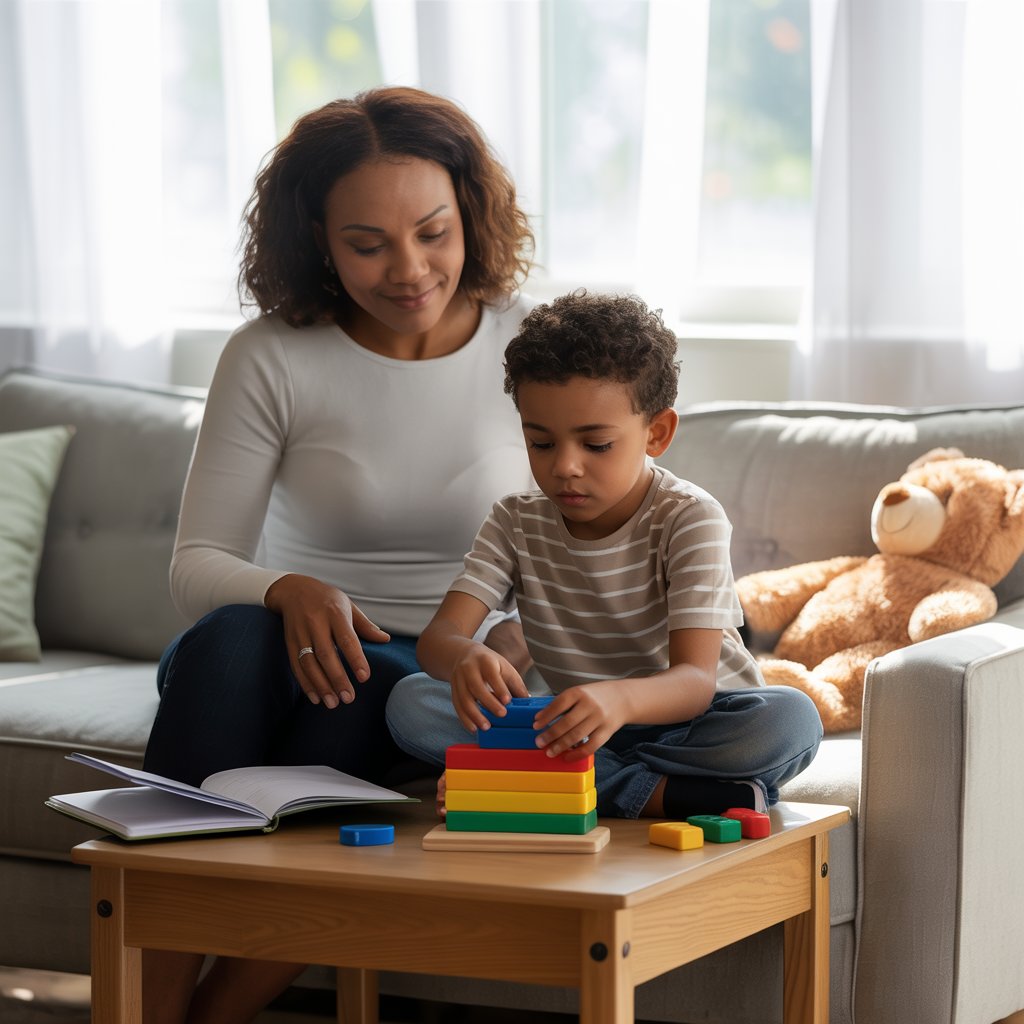Simple Guide: What Happens After an Autism Diagnosis
We recently talked about the process of diagnosing your child (or yourself) with autism. What happens after receiving the diagnosis is another step that can feel overwhelming for you, as it brings a lot of information and emotions.
What happens after an autism diagnosis
At the appointment to discuss your child’s autism diagnosis (or yours), here are some key tips to keep in mind:
- You will be given a written report and your healthcare provider will explain it
- This is a good time to ask lots of questions
- Try to stay calm as there could be a lot of information given to you
- Take notes or bring someone with you to help remember important details
How to deal with the emotions
Receiving an autism diagnosis for your child (or yourself) sometimes causes grief, sadness, or shock, but at the same time it brings direction on how to support your child (or yourself) better.
- Take things slowly and give yourself time to process all the information and your emotions
- Remember that this diagnosis doesn’t change who your child is (or who you are)—it just gives you a better understanding
- If you feel that you need to, ask for help with emotions (Beyond Blue is a great place to start)
Next Steps
Following the autism diagnosis, and when you are ready, this is the time to learn more and make sure your child (or you) have access to the support you need.
- Start researching or continue learning about autism (You can start here)
- Find organizations in your area that provide support
- Decide who else is going to know about your child’s diagnosis (or yours) and how you’re going to share the news
- Contact NDIS for eligibility (if you are in Australia)
- Start contacting the therapy providers that your healthcare professional recommended
- You can find communities of parents or autistic adults either online or face to face
- Consider talking to your child’s school or daycare about supports they can provide
- Look into any workplace accommodations you might need (for adults)
Take your time
From what I’ve come to learn, this journey is very personal. Take great care of yourself and your child (if this applies). It is only you who decides how to move forward and what supports feel right for your family. There is no rush to do everything at once. Start with what feels most important to you right now, and remember that getting an autism diagnosis is often the beginning of understanding yourself or your child better—and that’s a wonderful thing.


